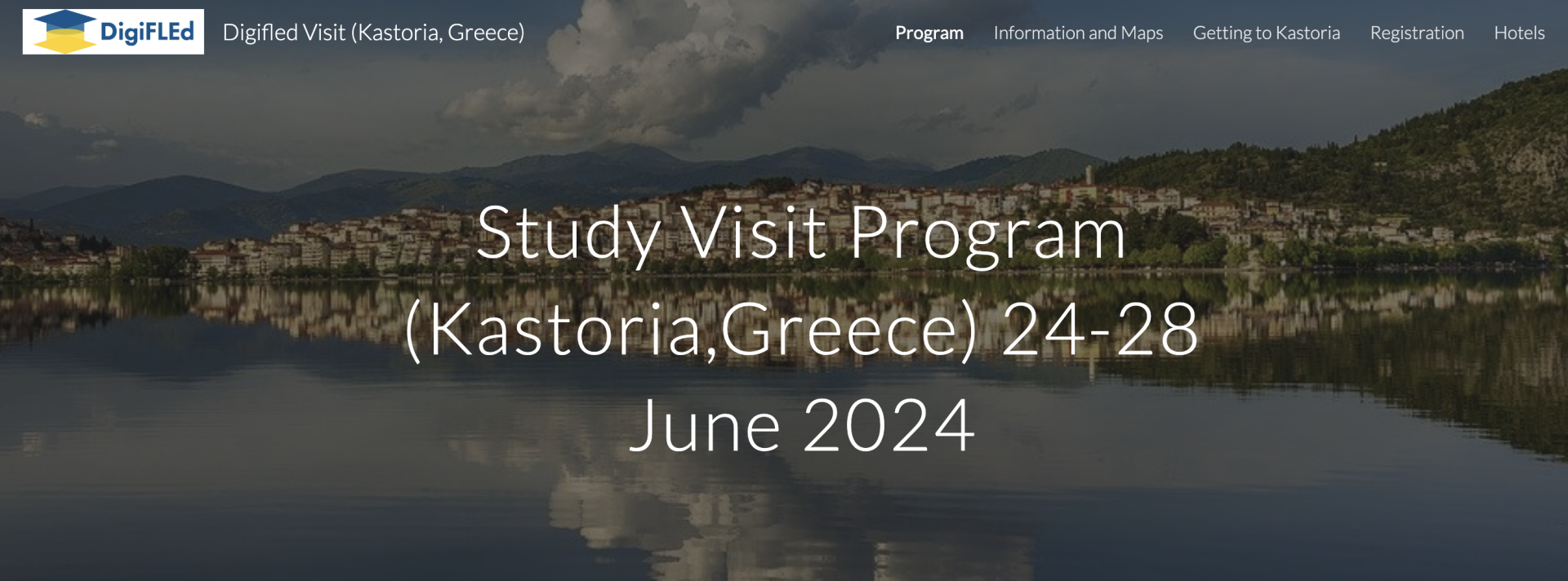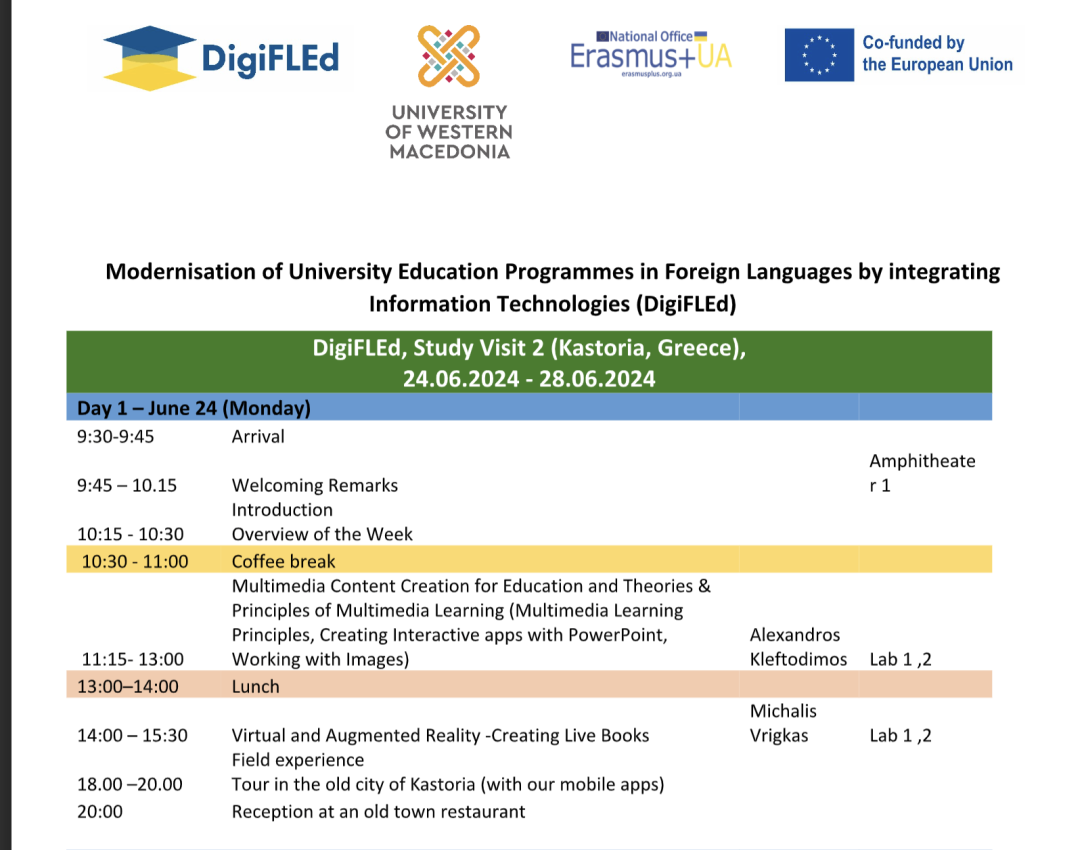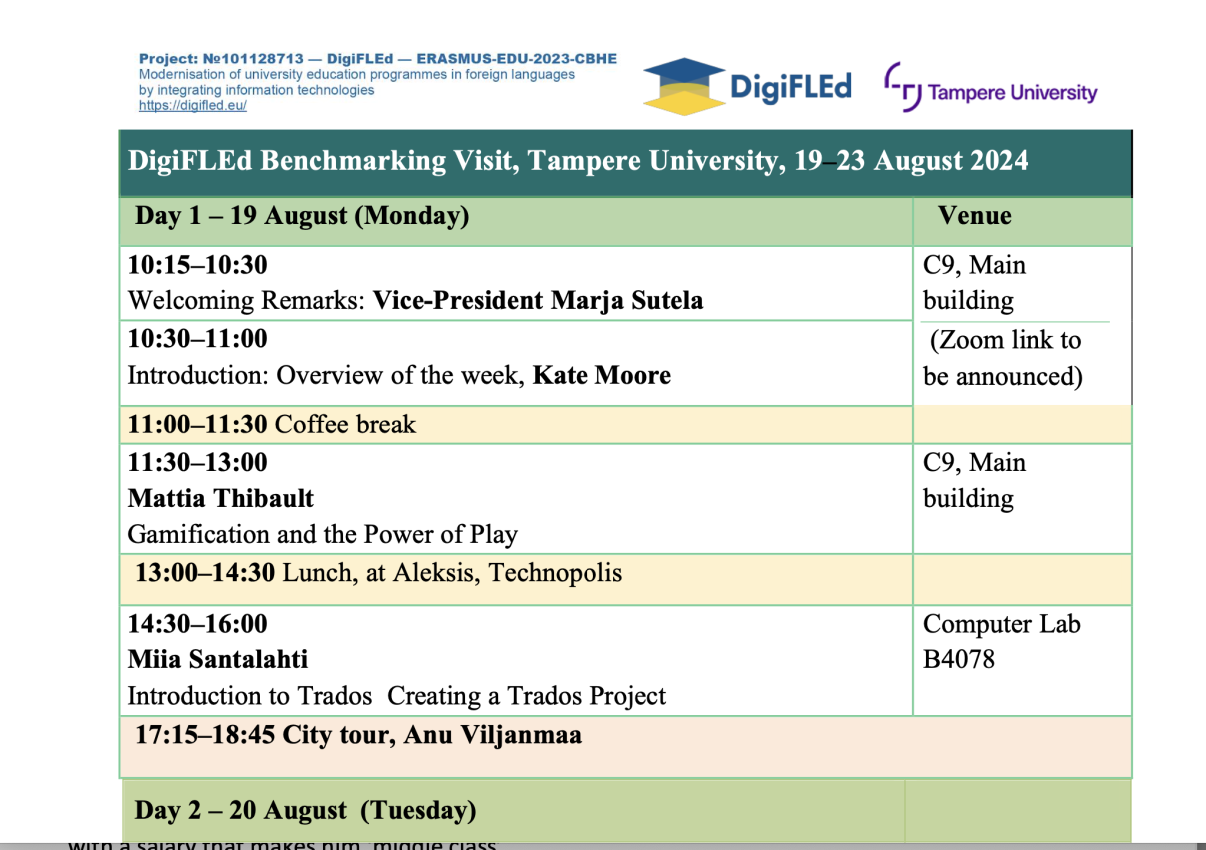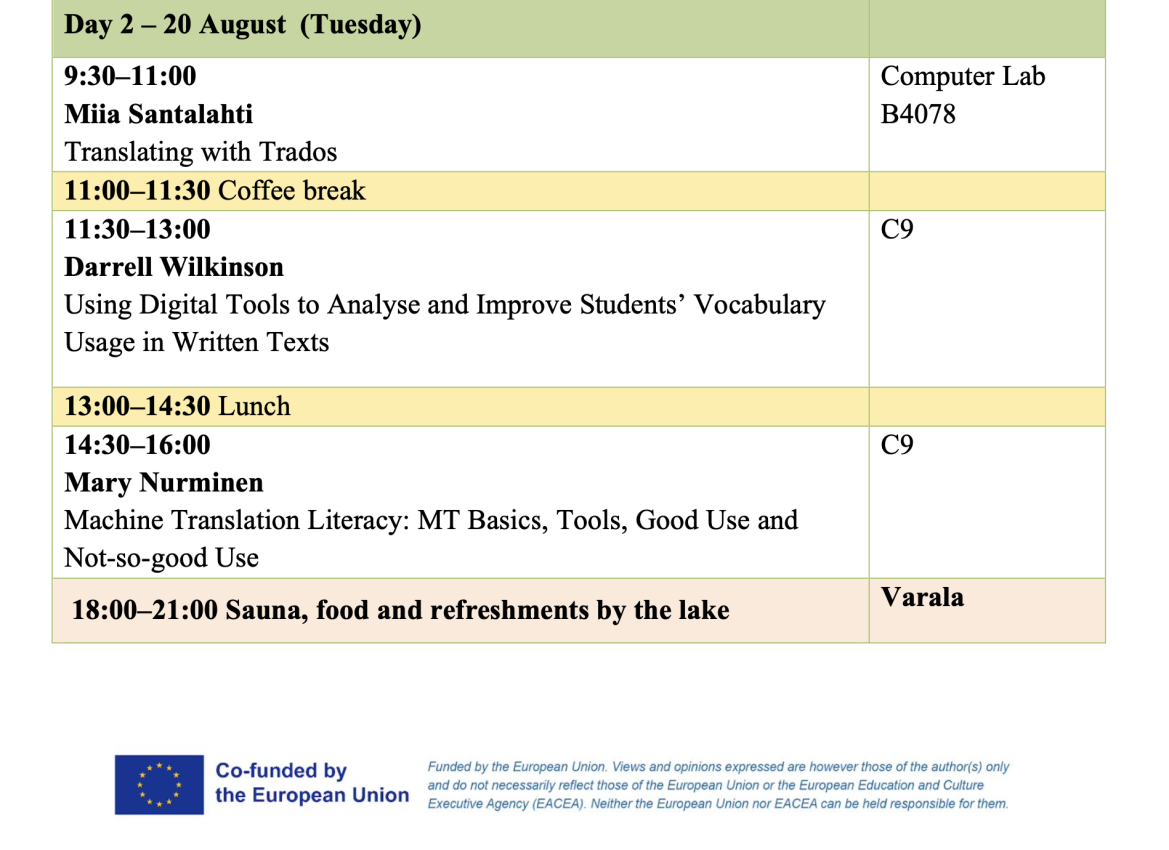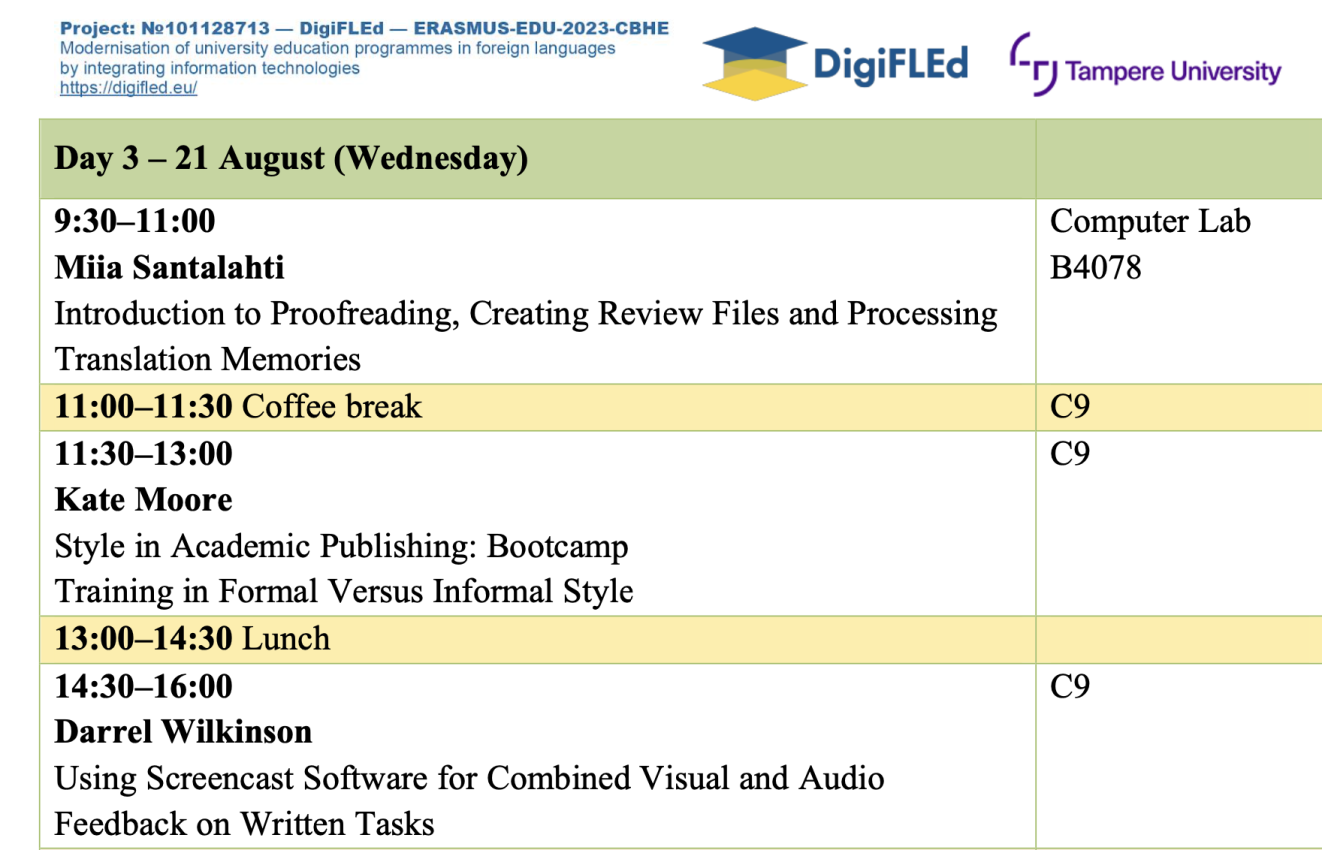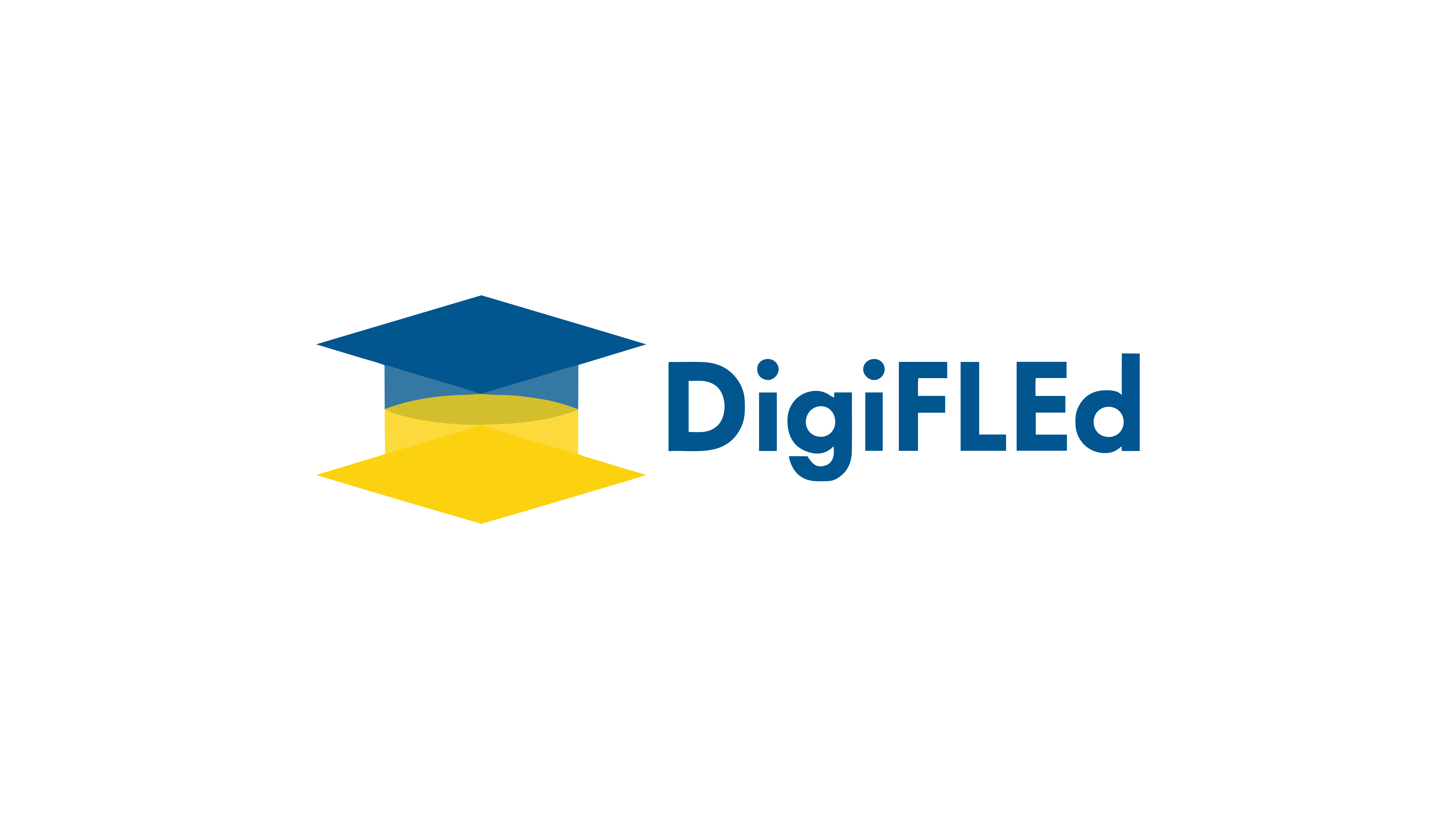Issues on the agenda:
- Approval of the Sustainable Development Plan of the project (Sustainability Plan),
- Project quality assurance strategies (Quality Assurance Strategy )
- Approval of the design update of the project site.
- Discussion of the structure of the benchmarking report (Benchmarking report)
- Discussion of the results of the study visit to Ireland and preparation for study visits to Greece and Finland.
- Miscellaneous.
Plan of sustainable development of the project (Sustainability Plan)
Nataliya Oliynyk, project coordinator from Karazina National University, presented the project's Sustainable Development Plan. The plan was developed jointly by the project coordinator and the national coordinator.
The main purpose of the Plan for Sustainable Development and Utilization of Achievements is to outline the strategy, activities and resources needed to ensure that the results and benefits of the project are sustained after its completion. This plan includes actions to disseminate the results, integrate them into existing structures, facilitate collaboration, secure funding and maximize the sustainability and social impact of the project. DigiFLEd will support its activities and results both during the planned term and after the completion of the project. Measures to achieve sustainability will be discussed during coordination meetings and implemented by all partner universities using all available means. The consortium will analyze the strategy and adapt it according to the level of implemented activities and new initiatives initiated by the project.
By addressing the following sustainable development goals, DigiFLEd aims to create a lasting positive impact on project participants and communities, as well as to achieve the effectiveness of project outcomes:
- identify and secure resources, including financial, human and infrastructural support, to continue the project after its completion;
- to strengthen the potential of project participants for further implementation and support of project activities even after the end of its validity period;
- engage key stakeholders, including government agencies, educational institutions, industry partners and community organizations, to continue to support and implement project initiatives;
- ensure the integration of project results into relevant policies and frameworks at the local, national and international levels to support sustainable development efforts;
- facilitate the transfer of knowledge, skills and best practices gained through the project to relevant stakeholders to ensure continuous capacity building;
- establish mechanisms for monitoring and assessing the sustainability of project results over time and making adjustments as needed to maintain effectiveness;
- continue to disseminate project results, lessons learned (know-how) and best practices through various channels to maximize impact and facilitate replication;
- promote international cooperation between EU and Ukrainian partners and create a reliable professional partnership network.
The plan describes in detail the methodology for achieving a sustainable result, the scope of the expected impact at the individual, institutional, local, national and international levels, tools for achieving sustainability, target groups and stakeholders, means of measuring the impact of the project, including quantitative and qualitative indicators.
The plan details all project actions and measures related to the sustainability of results. The plan also contains forms of questionnaires - feedback on the conducted activities.
Managers expressed their satisfaction with the quality of the prepared plan and approved the project's Sustainable Development Plan.
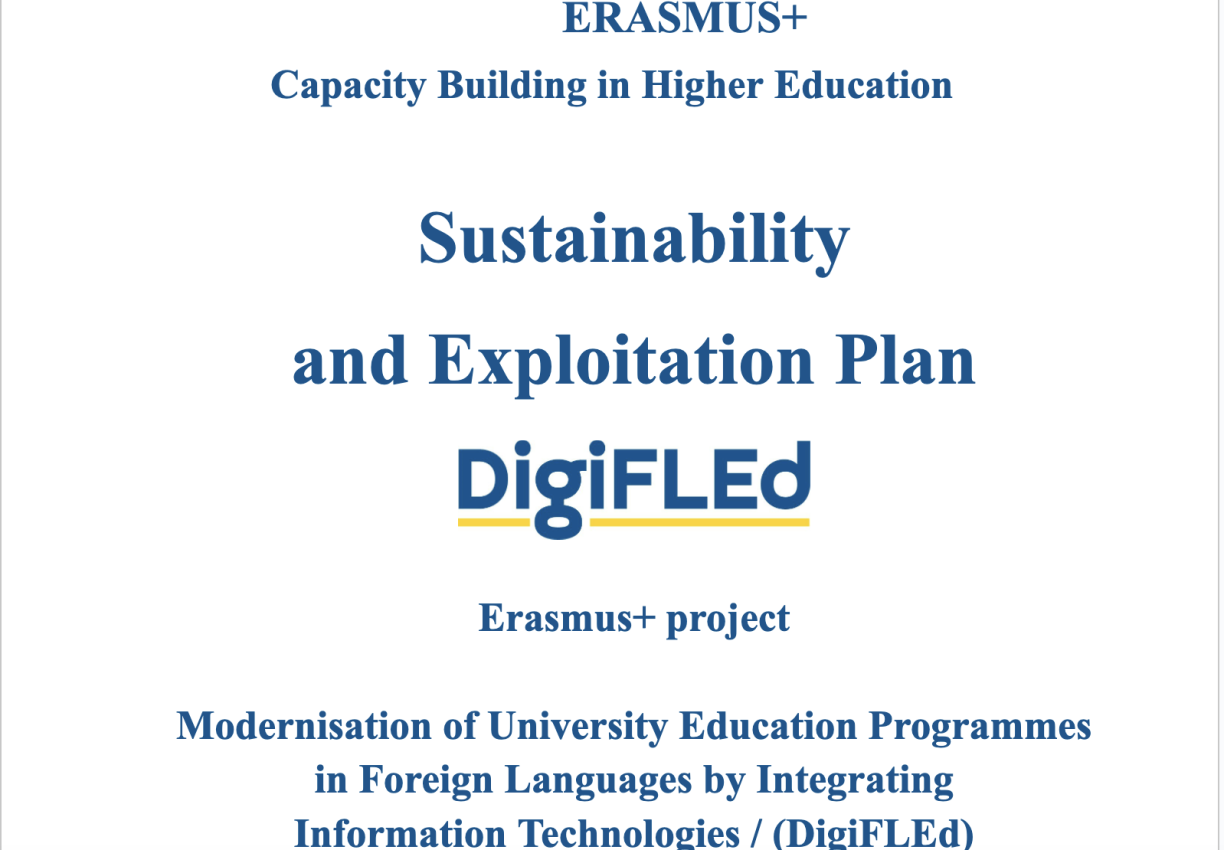
Quality Assurance Strategy
Those responsible for WP 4 – (Quality) presented the Quality Assurance Strategy, which was designed to ensure high quality outcomes, particularly in the development and implementation of new ICT-based university and open online courses. The main purpose of the strategy is to facilitate project management and guide all partners on assessment and quality issues. Achieving the goal involves the following tasks:
- Establishing monitoring and evaluation mechanisms: ensuring compliance of project activities and results with established quality standards and goals through regular monitoring, evaluation, and feedback;
- Support for flexible project management: respond effectively to changes and challenges in project activities, implementing operational corrective measures;
- Project implementation monitoring: documenting the progress of the activities, in compliance with the agreed time frame, budget and scope.
- Assessment of project effectiveness: effectiveness of project management and implementation processes.
- Contribute to continuous improvement: gather feedback, analyze data, and implement corrective actions as needed to improve project execution.
By integrating these elements, the Quality Assurance Strategy determines the successful implementation of the project and obtaining high-quality results that meet the project's objectives. This integrated approach involves setting quality standards, continuous monitoring, flexible management and continuous improvement to maintain the highest educational standards.
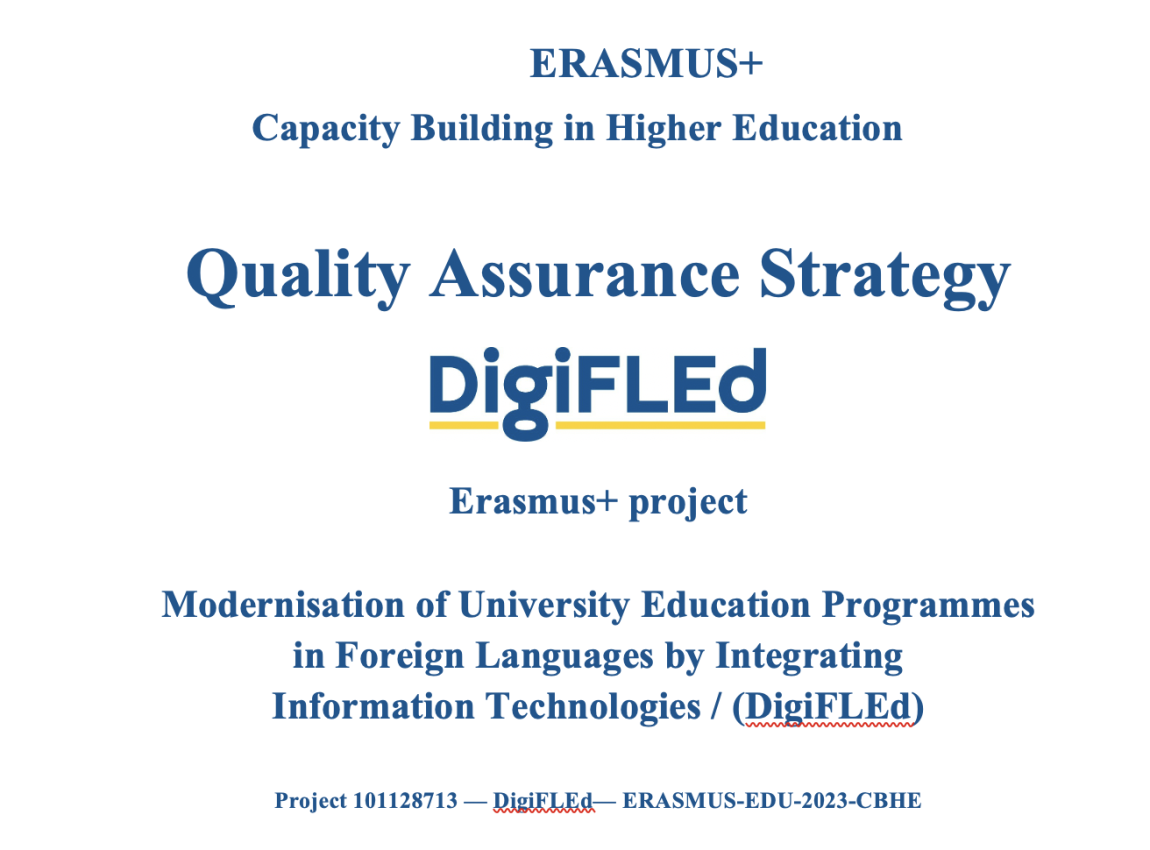
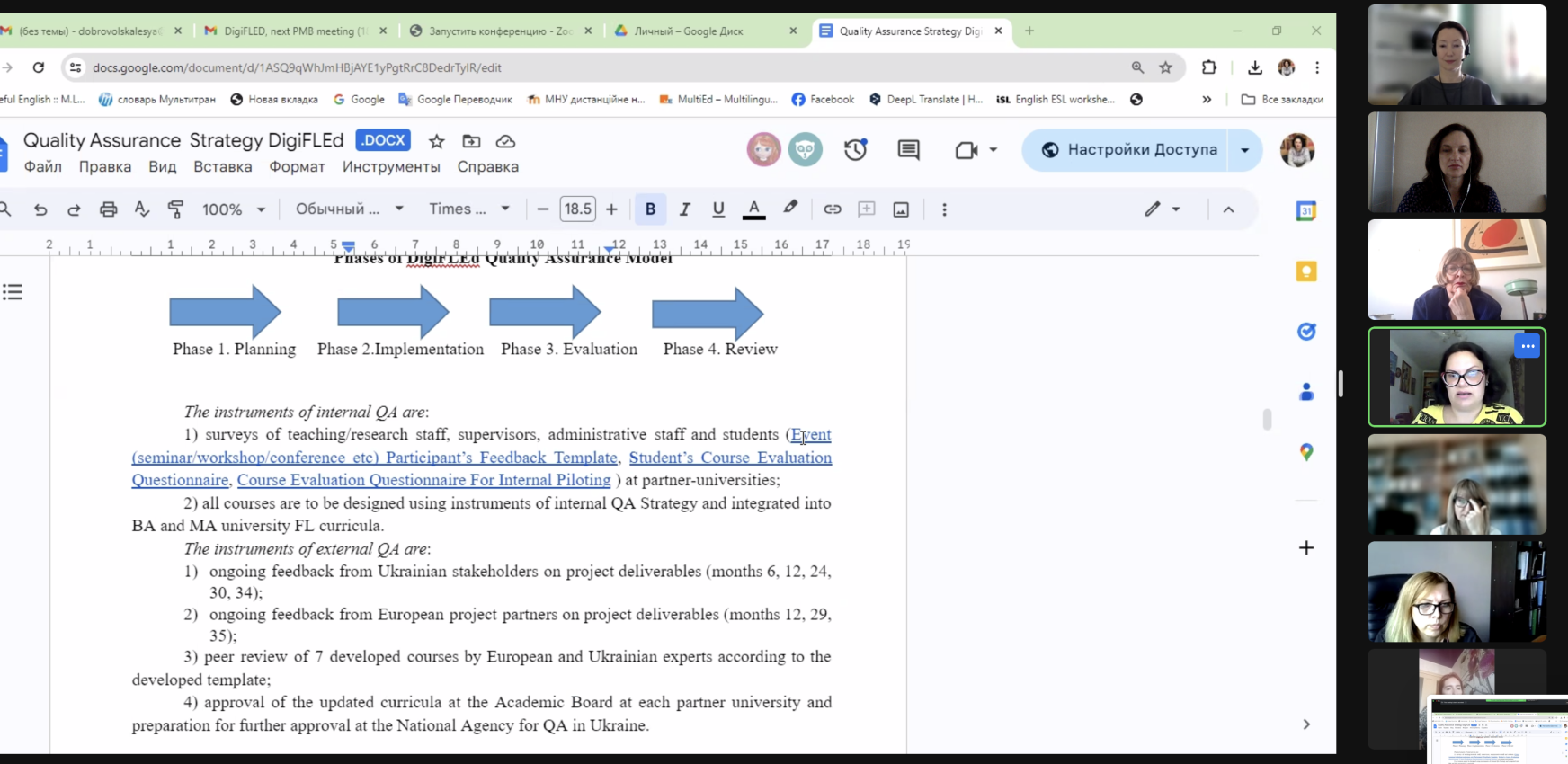
Updated site design.
The representative of the University of Maynooth, Dr. Emanuel Kypraios, presented the final version of the design of the project site, familiarized the audience with the headings and content of the site. University managers approved and approved the changes.
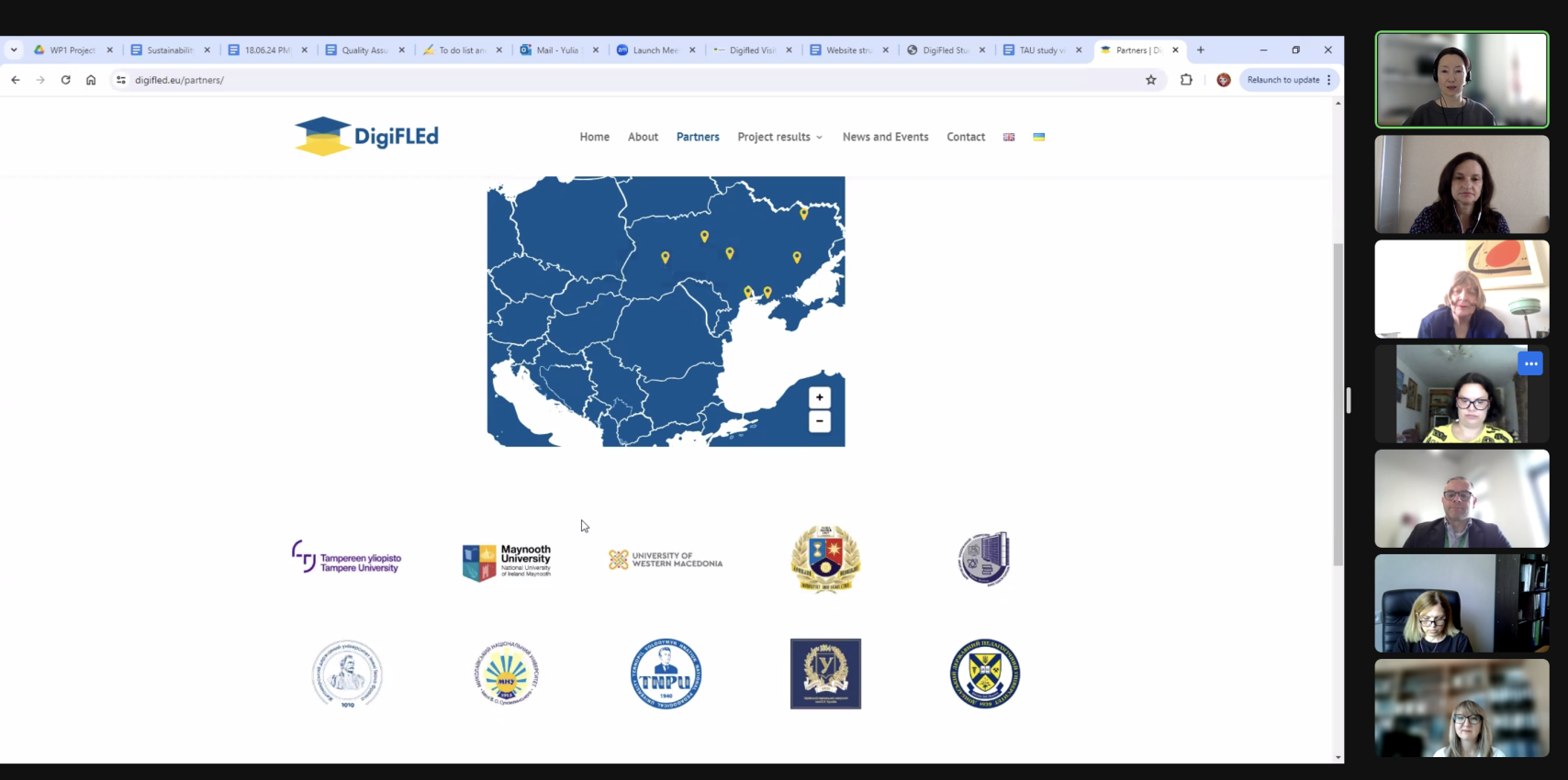
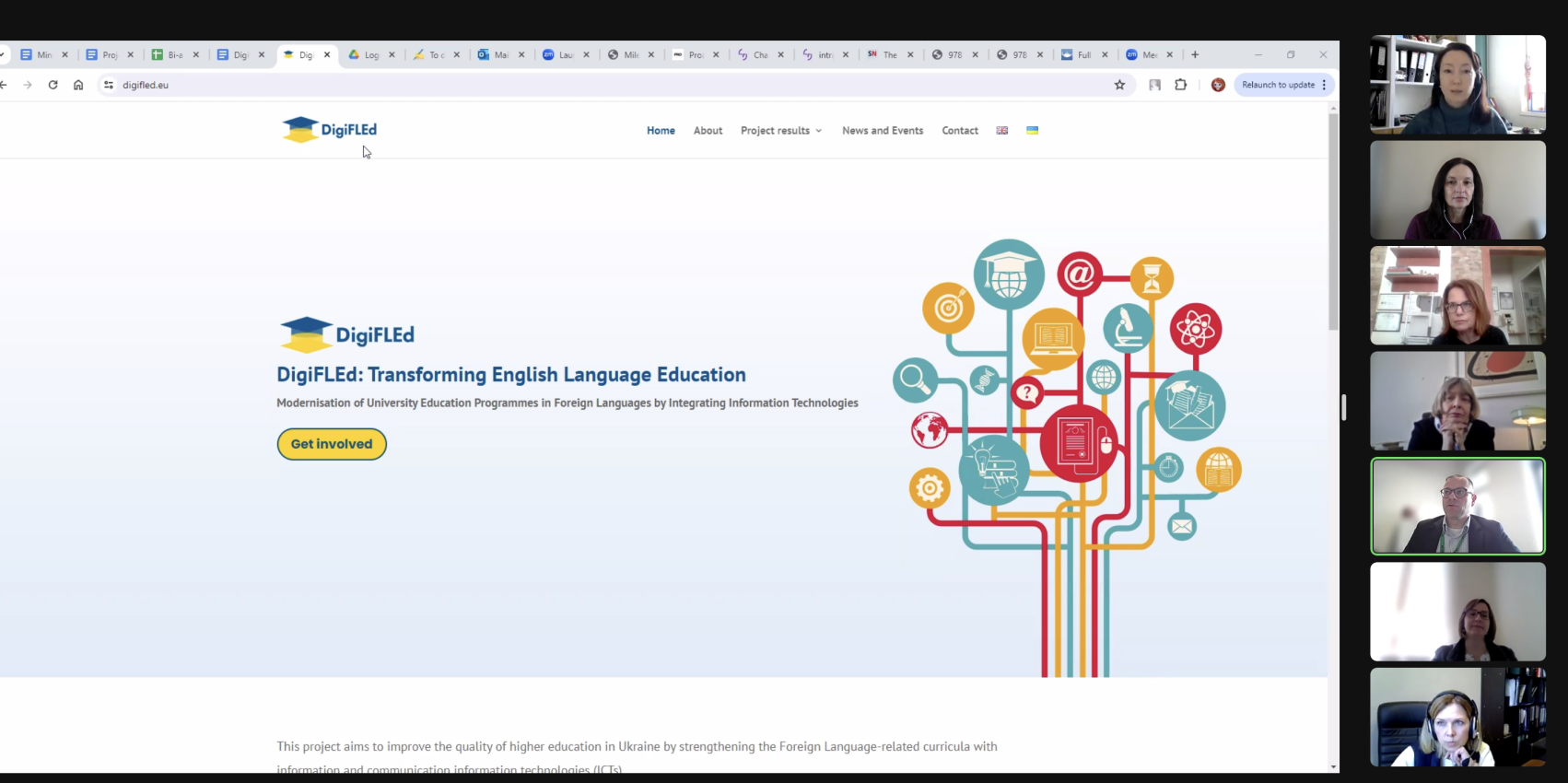
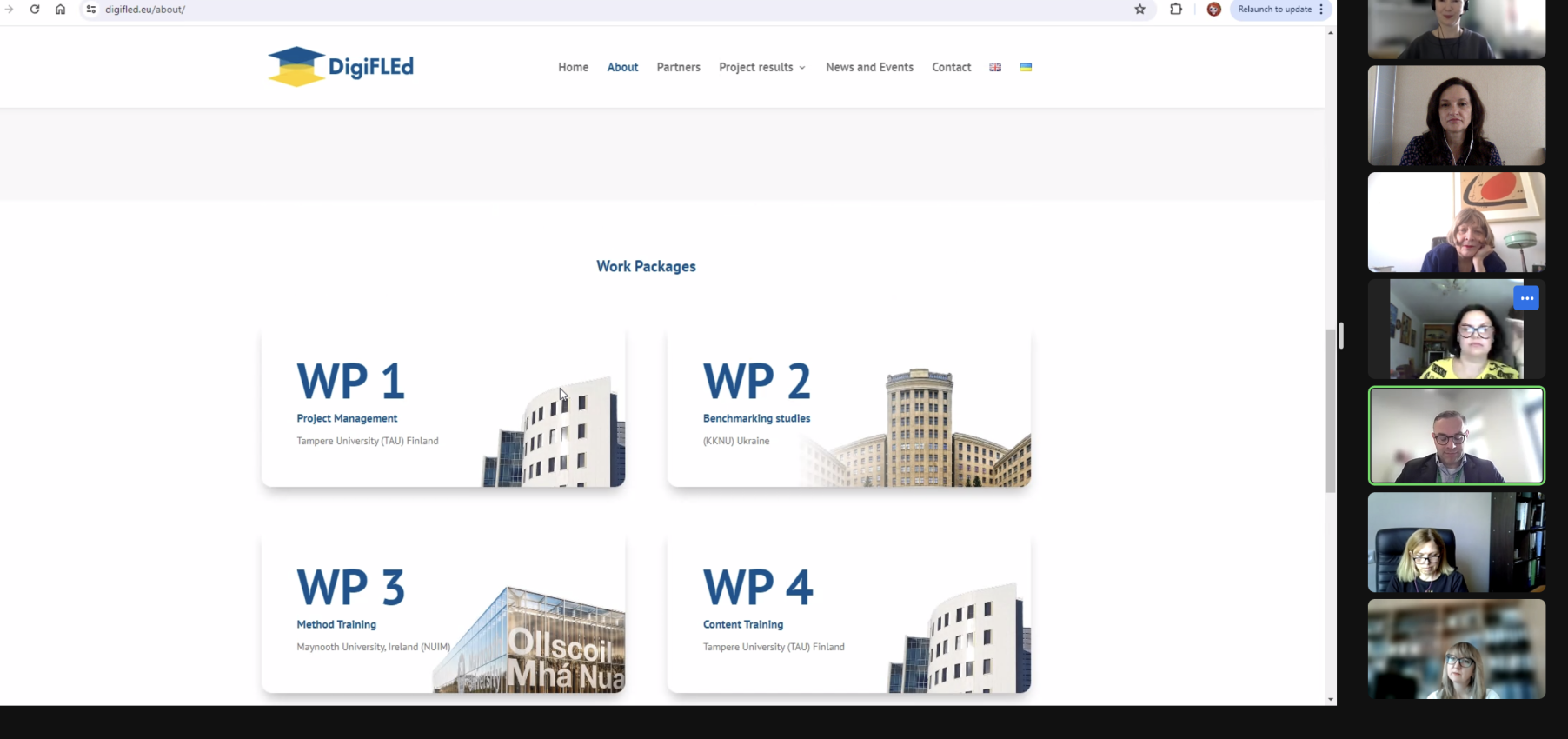
Structure of the benchmarking report (Benchmarking Report)
Nataliya Oliynyk, the national coordinator of the project, presented the structure of the report on comparative analysis (Benchmarking Report), which provides:
– identification of specific areas and criteria used for benchmarking (eg, academic programs, administrative processes, student services, and internationalization efforts);
- analysis of the practices of each university according to defined criteria:
– management/regulation in EU partner universities compared to universities in Ukraine;
– academic programs: development of the FL curriculum, teaching methodologies, assessment methods;
– administrative processes: quality assurance, resource allocation, technical prerequisites and technical support, etc.
– student services: support services, extracurricular work, student involvement
– internationalization efforts: partnerships, exchange programs, multicultural initiatives
- study of best practices in the use of ICT tools in foreign language teaching (Ireland, Greece, Finland) - based on lectures during study visits, campus tours, interviews with interested parties during visits and university (intranet) documents that EU partners use agree to share;
– identifying practices that are particularly effective or innovative.
– discussion of common problems observed in universities and identification of opportunities for improvement of practices based on comparative analysis.
The purpose of the benchmarking report is to offer actionable recommendations for partner universities from Ukraine, adapted to our specific conditions and best practices that can be used in HEIs of Ukraine in the development of DigiFLEd courses, during and after the completion of the project. As a result of the comparison and analysis of the data, concrete steps will be proposed for the implementation of the recommended practices, including potential resources and time frames - during and after the completion of the project life cycle.
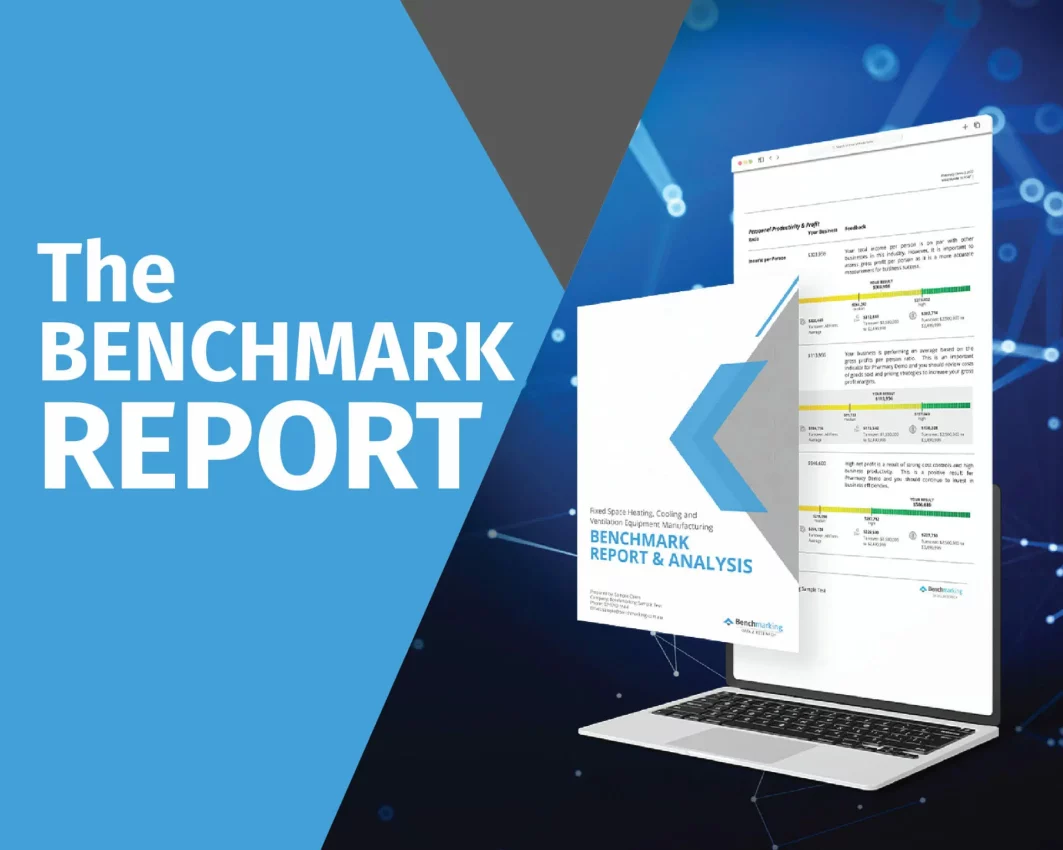
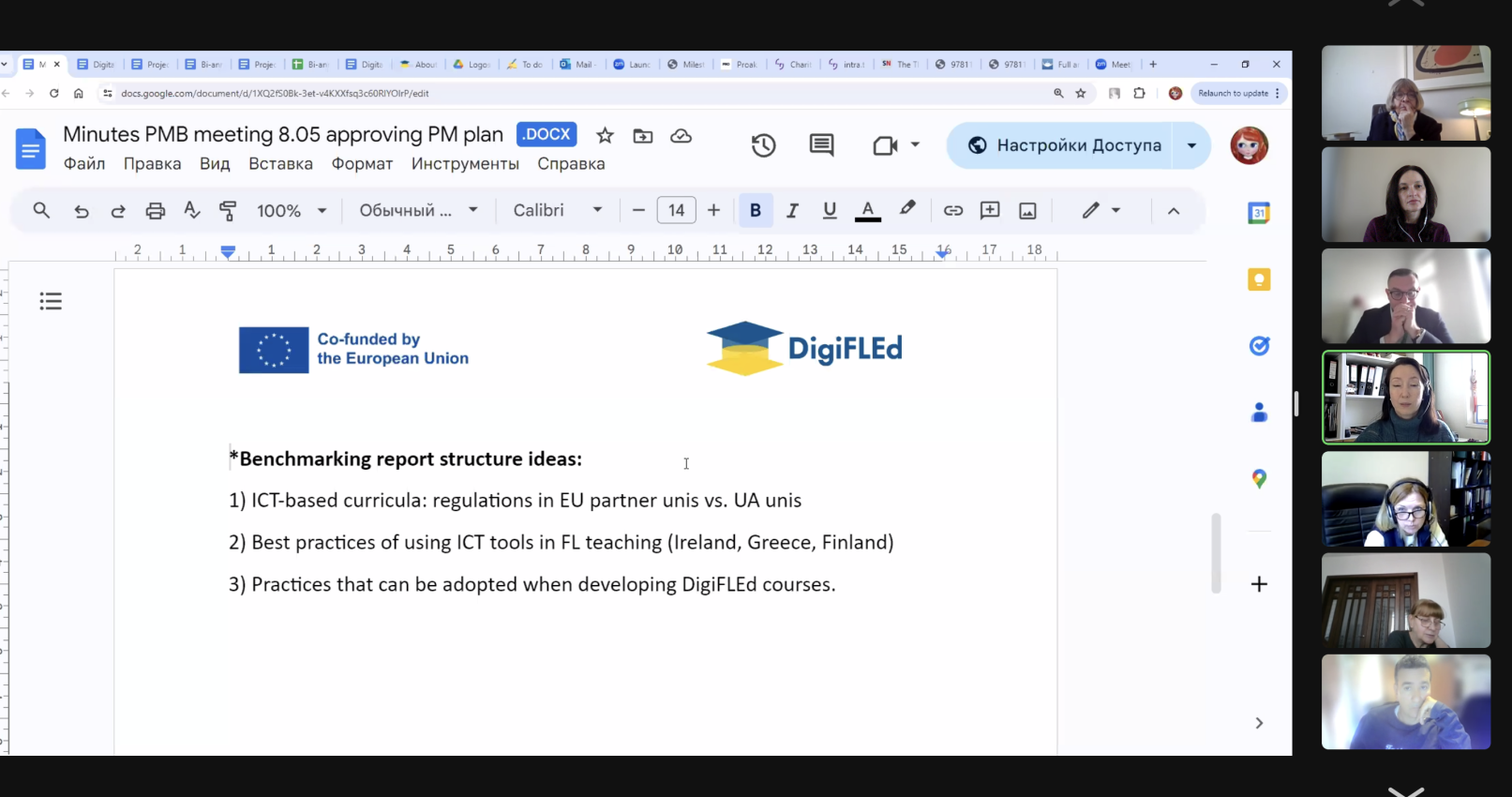
Results of the study visit to Ireland and preparation for study visits to Greece and Finland.
The managers expressed their gratitude to the University of Maynooth and personally to the project team manager, Dr. Emmanuel Kypraios, for the high quality of the preparation and conduct of the study visit. According to the results of the visit, a questionnaire in Google form was prepared by those responsible for quality, which was filled out by all participants. Those responsible for the preparation of the study visit will prepare a report on the event by July 30, 2024
The manager of the project team from the University of Western Macedonia, Domna Mikail, presented the program of the study visit to Greece on July 24-28, 2024, and gave advice to the participants on preparing for the trip.
Those responsible for the preparation of the study visit to the University of Tampere, Finland, presented the program of the visit and the thematic training plan, asked the participants to register for the visit, and promised to send everyone an invitation in early July.
